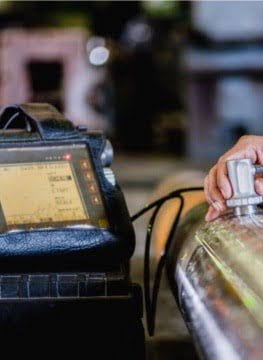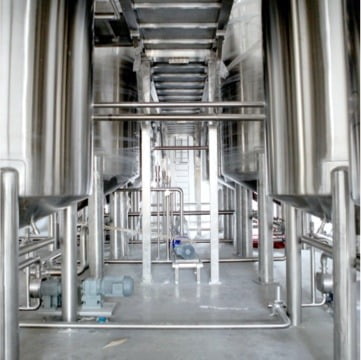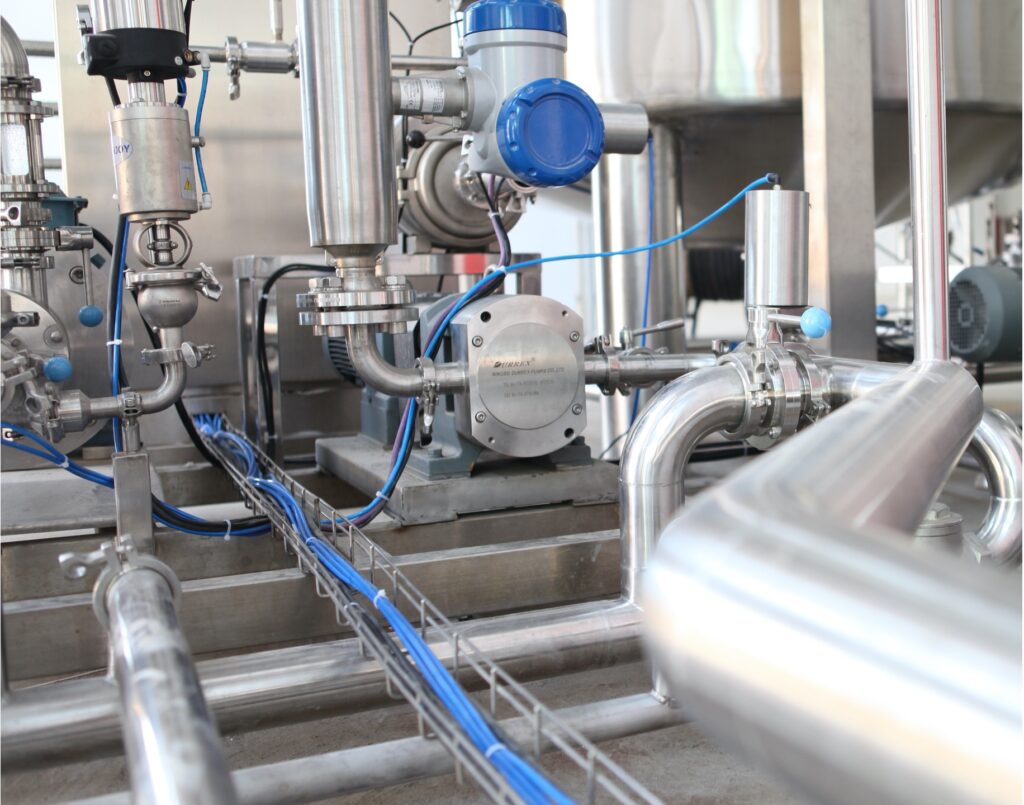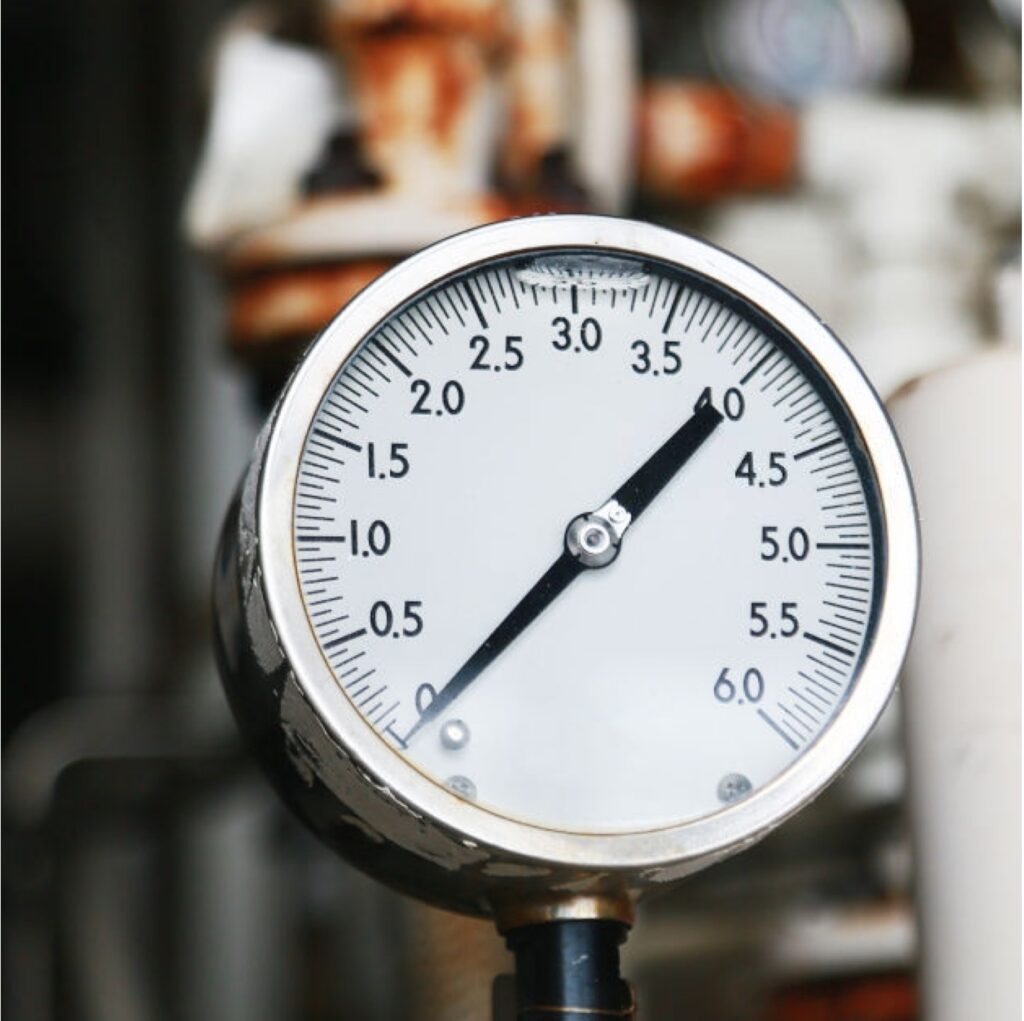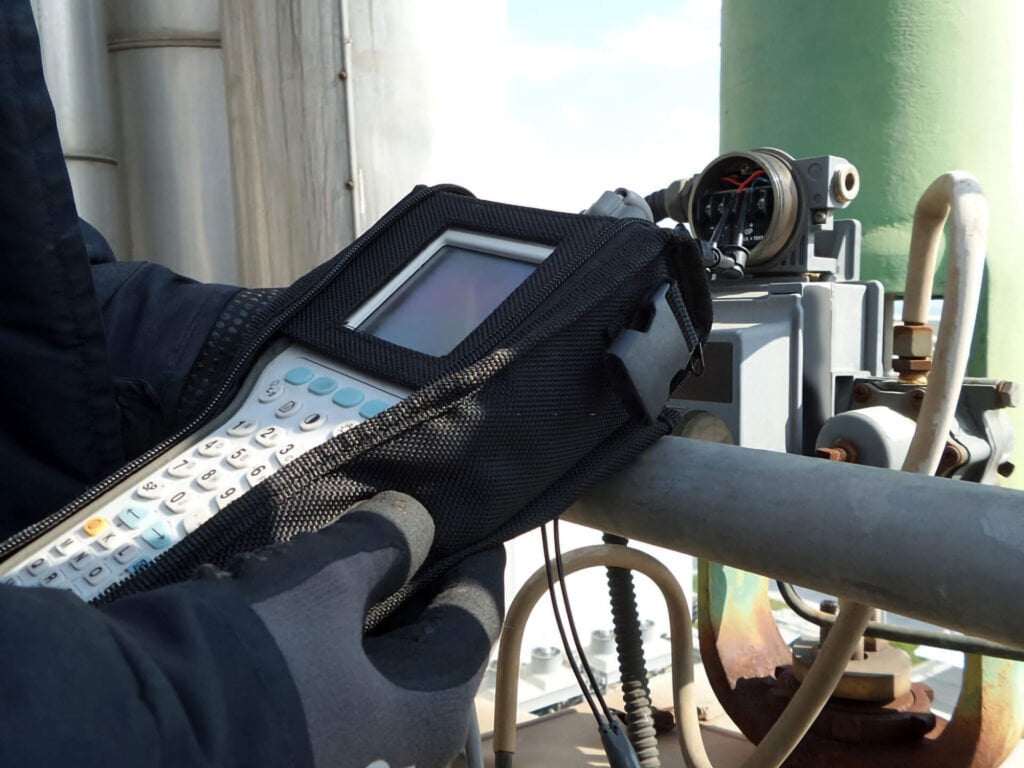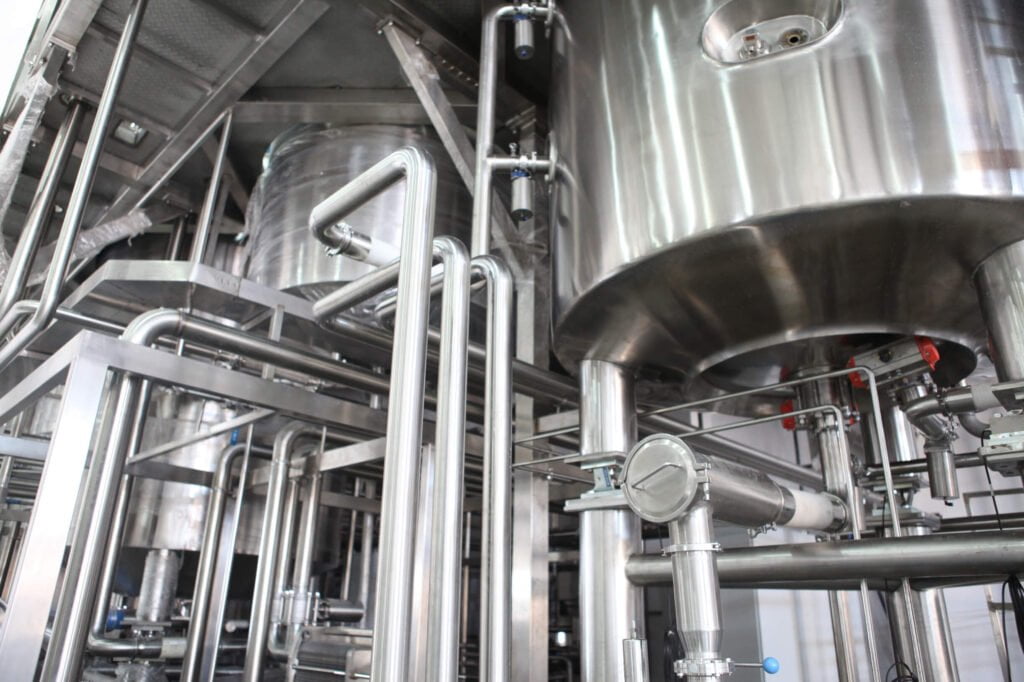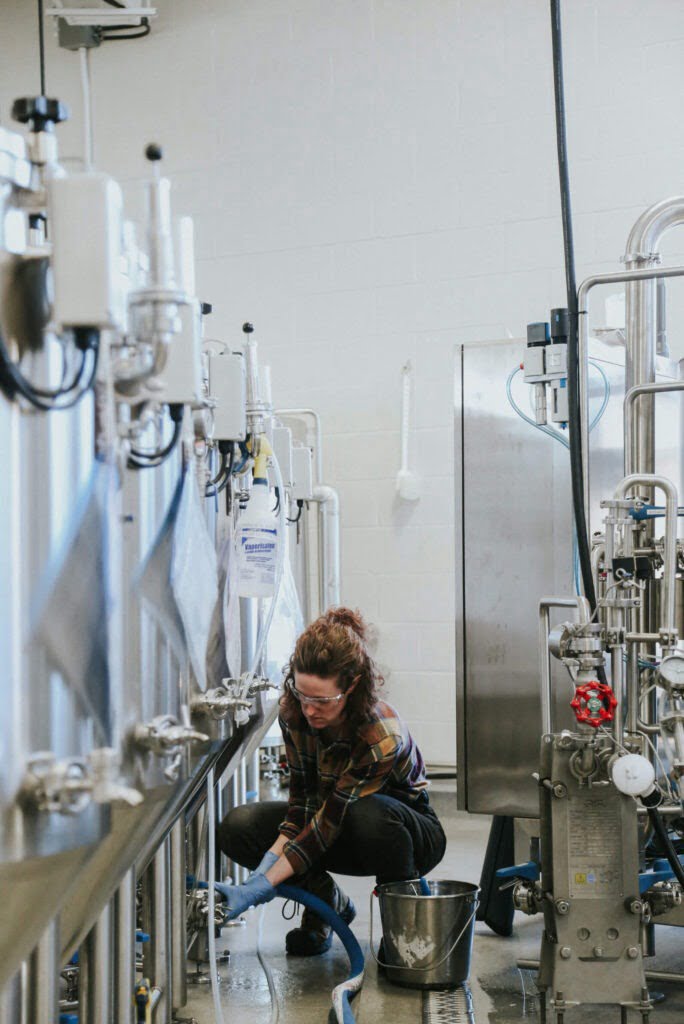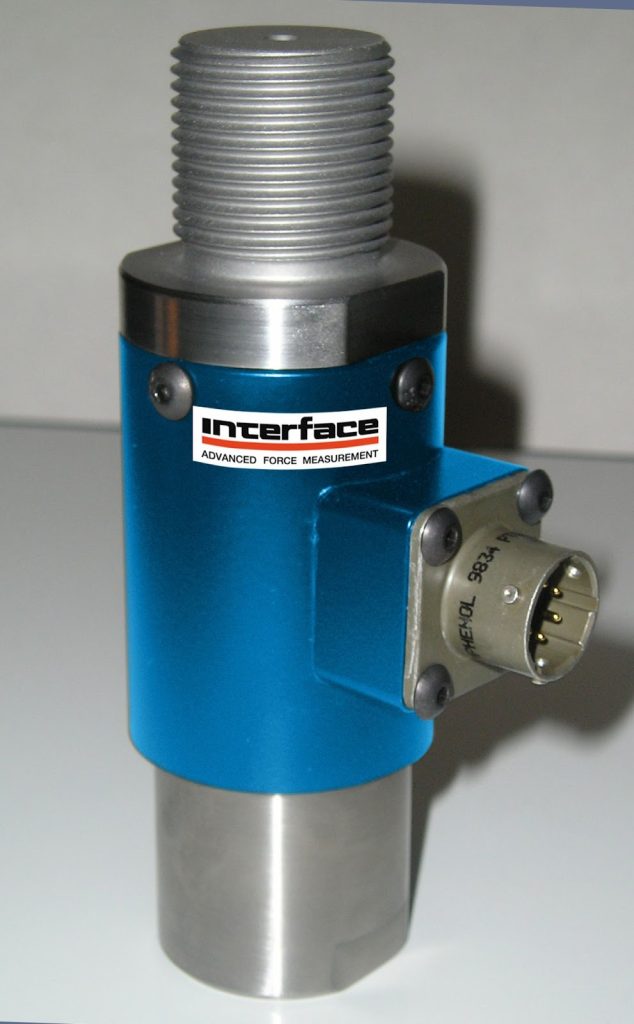
Accurate temperature measurement is crucial across various industries, from pharmaceuticals to oil and gas. Selecting the right instrument ensures process efficiency, safety, and product quality. But what is the best instrument for measuring temperature? The answer depends on specific application requirements, but two instruments often stand out: Resistance Temperature Detectors (RTDs) and thermocouples.
Understanding Temperature Measurement Instruments
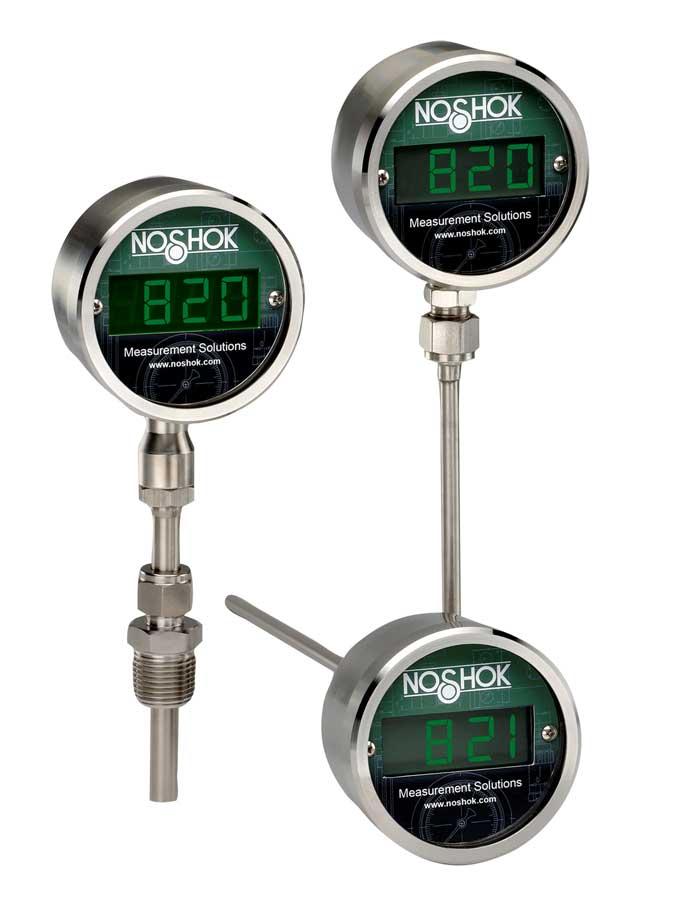
Temperature measurement devices convert thermal energy into readable values. Common instruments include:
- RTDs (Resistance Temperature Detectors): Measure temperature by correlating resistance with temperature changes.
- Thermocouples: Generate voltage from the junction of two dissimilar metals, correlating to temperature.
- Infrared Thermometers: Measure surface temperature without contact by detecting thermal radiation.
- Digital Thermometers: Use electronic sensors to provide quick temperature readings.
- Mercury Thermometers: Utilise mercury expansion in a glass tube to indicate temperature.
Each instrument has its advantages and limitations, making them suitable for different scenarios.
RTDs: Precision and Stability
RTDs, particularly the Pt100 type, are renowned for their high accuracy and stability over time. They operate effectively within a temperature range of -200°C to 850°C, making them suitable for applications requiring precise temperature control. RTDs provide accurate measurements, with a typical accuracy of ±0.5°C. Their linear response and resistance to electrical noise make them ideal for laboratory and industrial processes where consistent and reliable temperature readings are essential.
Thermocouples: Versatility and Durability
Thermocouples are widely used due to their broad temperature range (-270°C to 1800°C) and durability. They are constructed from two dissimilar metals, generating a voltage correlating to temperature differences. Thermocouples operate effectively in harsh environments, such as kilns and gas turbines, where rapid temperature changes occur. While they may have a lower accuracy compared to RTDs (typically ±2°C), their robustness and quick response time make them suitable for applications where durability is paramount.
Infrared Thermometers: Non-Contact Measurement
Infrared thermometers measure surface temperature without direct contact by detecting thermal radiation. They are useful for measuring temperatures of moving objects or surfaces that are difficult to access. However, factors like emissivity and ambient temperature can affect their accuracy. They are commonly used in situations where non-contact measurement is necessary, such as monitoring equipment temperature or checking surface temperatures in food processing.
Digital and Mercury Thermometers: Specific Applications
Digital thermometers provide quick and easy temperature readings, often used in medical settings to measure body temperature. They are user-friendly and provide readings within seconds. Mercury thermometers, while accurate, are less commonly used today due to safety concerns associated with mercury exposure. They have been largely replaced by digital alternatives in most applications.
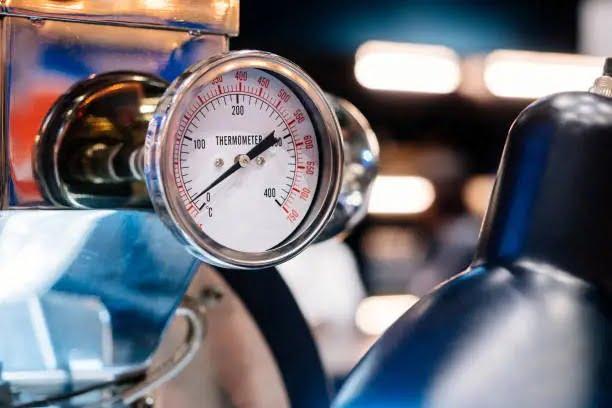
Choosing the Right Instrument
Selecting the best instrument for measuring temperature depends on various factors:
- Accuracy Requirements: For high-precision needs, RTDs are preferable.
- Temperature Range: Thermocouples are suitable for extreme temperatures.
- Response Time: Thermocouples respond quickly to temperature changes.
- Environment: Infrared thermometers are ideal for non-contact measurements in hazardous or inaccessible areas.
- Application Specifics: Digital thermometers are convenient for quick readings, while mercury thermometers are now less favored due to safety concerns.
AMS-IC’s Temperature Measurement Solutions
At AMS-IC, we offer a comprehensive range of temperature measurement devices tailored to various industrial applications. Our offerings include:
- RTDs: High-accuracy sensors suitable for precise temperature monitoring.
- Thermocouples: Durable sensors capable of withstanding extreme temperatures.
- Infrared Thermometers: Non-contact devices for surface temperature measurement.
Our products are designed to provide accurate measurements, ensuring optimal performance and safety in your operations.
Ready to Enhance Your Temperature Measurement?
Selecting the appropriate temperature measurement instrument is crucial for operational efficiency and safety. AMS-IC is here to assist you in choosing the right solution tailored to your specific needs. Contact our team today to discuss your requirements and discover how our temperature measurement devices can benefit your operations.
